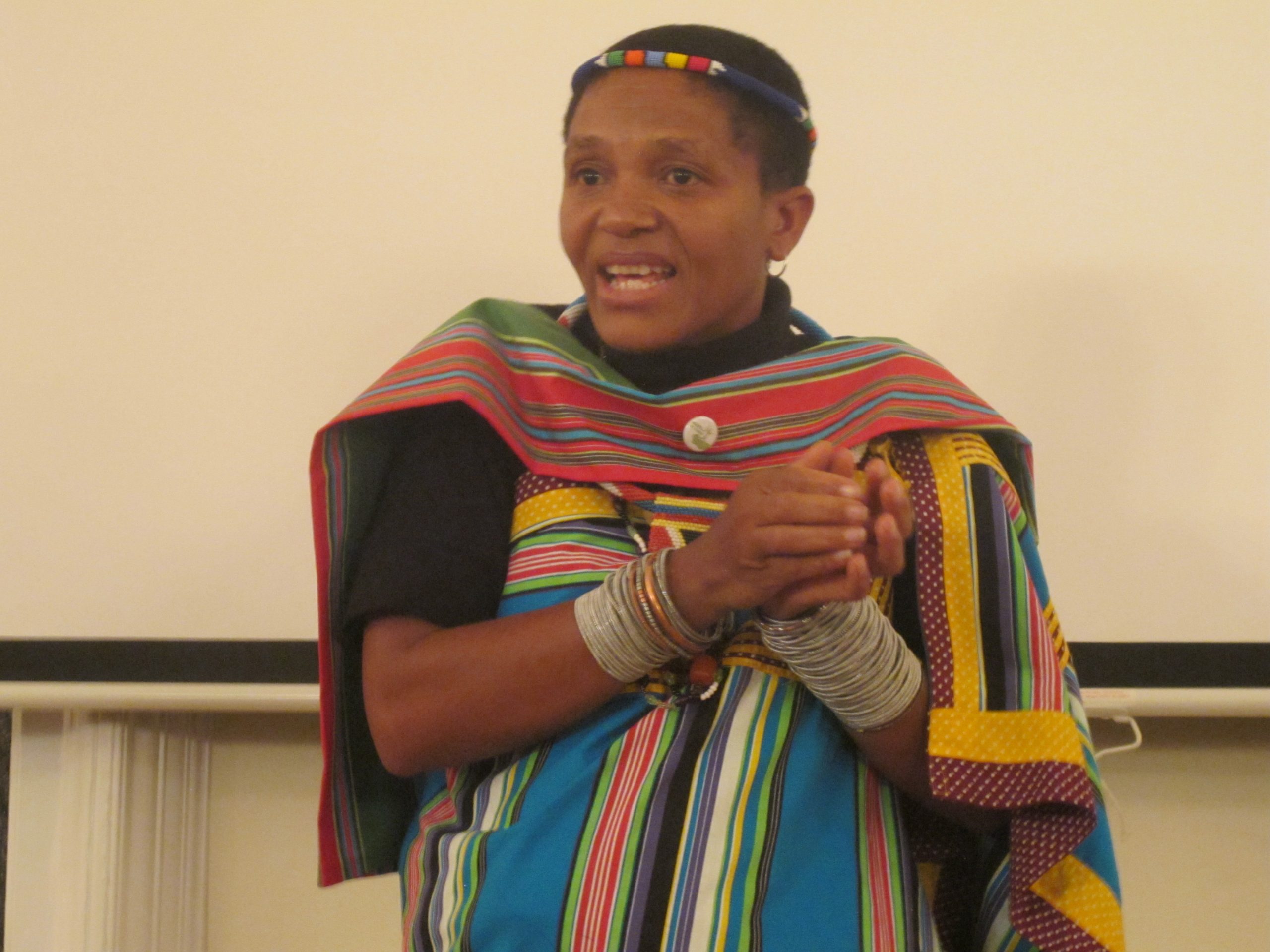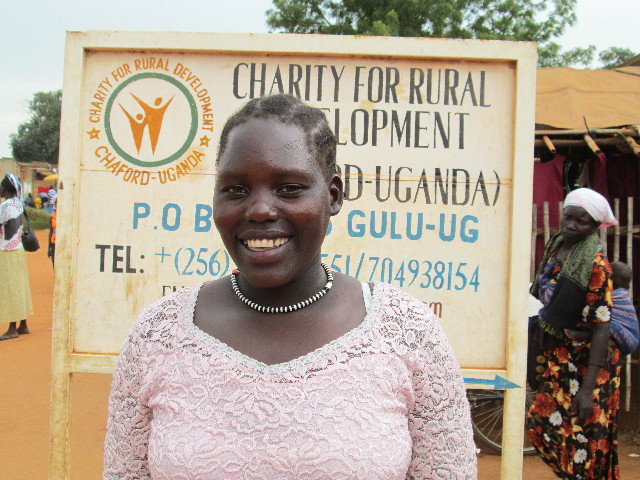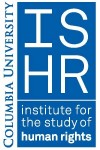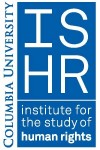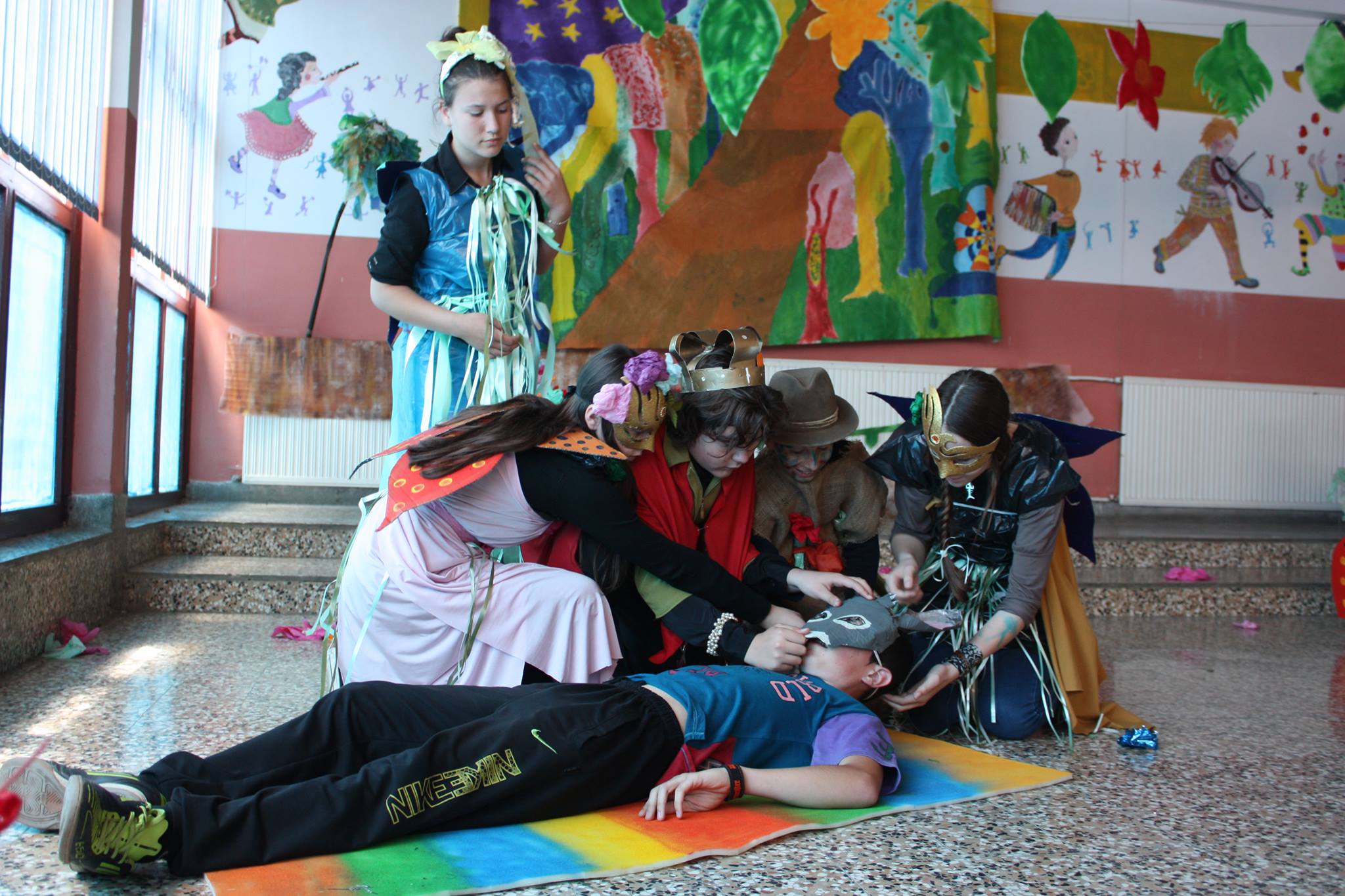
Notes from the Field: Creating a New Story Through Art in Post-Conflict Bosnia and Herzegovina
By Janine White, Program Coordinator for the Institute for the Study of Human Rights at Columbia University
From May 23-28, 2013, I participated in the Most Mira-Humanity in Action (HIA) International Exchange. Most Mira (Bridge of Peace) is a peacebuilding NGO in northern Bosnia, and its founder, Kemal Pervanic, was a 2012 participant ISHR’s Human Rights Advocates Program. HIA is a human rights education NGO based in the US and with offices in several European countries, including Bosnia. Through this project, HIA Senior Fellows supported Most Mira’s annual youth arts festival, involving children in a drama program that culminated in a rendition of A Midsummer Night’s Dream. During the 5-day festival, Senior Fellows and Most Mira staff, along with other experts in this field, also came together to discuss the challenges and opportunities that this local NGO faces within the current political context in post-conflict Bosnia.
This blog post, previously published here, is a summary of my impressions and reflections from this...

